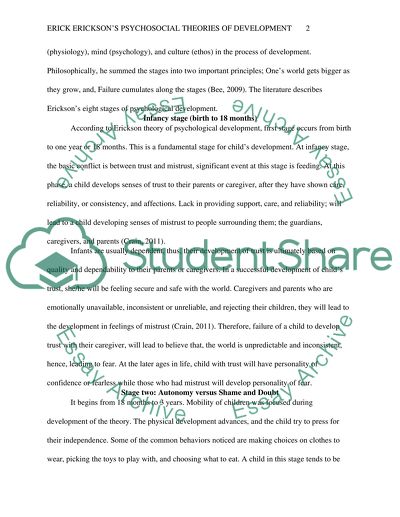Cite this document
(“Erick Erikson Stage 8 Essay Example | Topics and Well Written Essays - 1500 words”, n.d.)
Retrieved from https://studentshare.org/philosophy/1471404-erick-erikson-stage
Retrieved from https://studentshare.org/philosophy/1471404-erick-erikson-stage
(Erick Erikson Stage 8 Essay Example | Topics and Well Written Essays - 1500 Words)
https://studentshare.org/philosophy/1471404-erick-erikson-stage.
https://studentshare.org/philosophy/1471404-erick-erikson-stage.
“Erick Erikson Stage 8 Essay Example | Topics and Well Written Essays - 1500 Words”, n.d. https://studentshare.org/philosophy/1471404-erick-erikson-stage.


